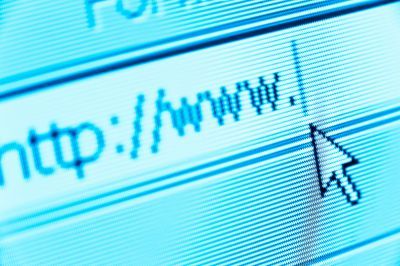Internet addresses to expand into non-Latin scripts

The Internet is set for its biggest technical change in decades when a new multilingual address system is approved this week, a global regulatory body said Monday.
The Internet Corporation for Assigned Names and Numbers (ICANN) said it would declare an end to the exclusive use of Latin characters for website addresses on Friday -- the final day of its six-day conference in Seoul.
"This is the biggest change technically to the Internet since it was invented 40 years ago," Peter Dengate Thrush, chairman of the ICANN board in charge of reviewing the change, told a press conference.
Thrush said he expected ICANN's board to grant approval on Friday.
When the change comes into force, it will be possible to use characters from other languages -- such as Chinese, Arabic, Korean and Japanese -- for a full Internet address, instead of for just part of an address as now.
ICANN president Rod Beckstrom said the change -- designed to serve the growing number of non-English-speaking Internet users -- would come into force in the middle of 2010. ICANN aims to start receiving applications next month.
"It will take some period of time to process the applications and then introduce the successful applications," Beckstrom told the news conference.
"Of the 1.6 billion Internet users today worldwide, more than half use languages that have scripts that are not Latin-based," Beckstrom said.
"So this change is very much necessary for not only half the world's Internet users today but more than half, probably, of the future users as the Internet continues to spread."
He said Internet addresses would no longer use limited "Generic Top-Level Domains" such as .com or .org, and instead use more flexible "Internationalised Domain Names" such as .post or .bank.
Beckstrom said the change would also allow Internet users to type fewer keystrokes to access a website which will "give companies a quicker way to get directly to their customers".
He said the world would be able to "save roughly 60 to 100 billion human keystrokes a day" by getting rid of the last four or six keystrokes that are needed to find Web addresses ending, for example, with .co.kr or .com.
Thrush said that under the new system, all Web addresses ending .bank would only be available to "authorised" banks.
"Consumer confidence can be greatly enhanced," he said.
ICANN, formed in 1998 by the US government, was recently given more autonomy after Washington relaxed its control over how the Internet is run.
Join our commenting forum
Join thought-provoking conversations, follow other Independent readers and see their replies
Comments
Bookmark popover
Removed from bookmarks